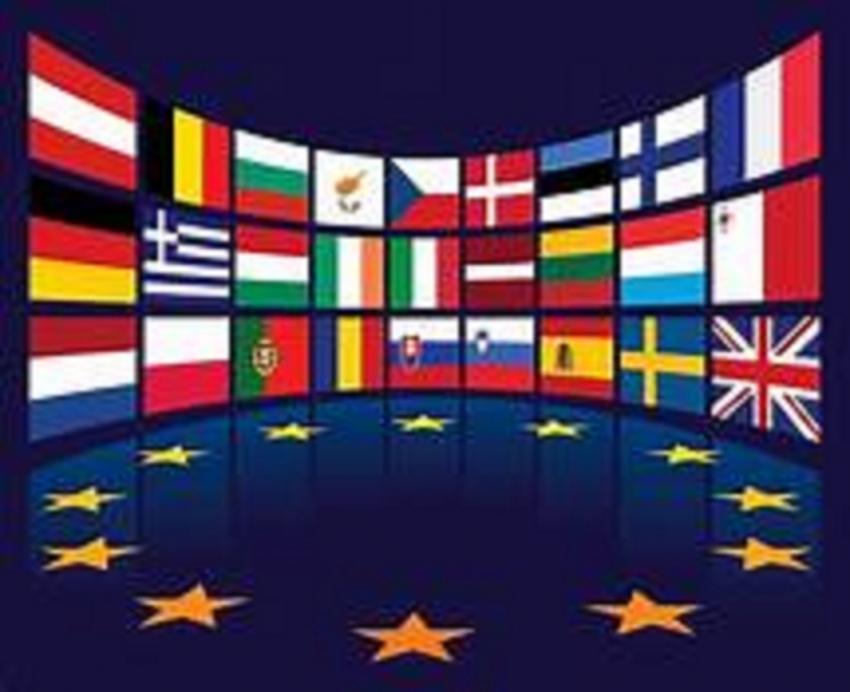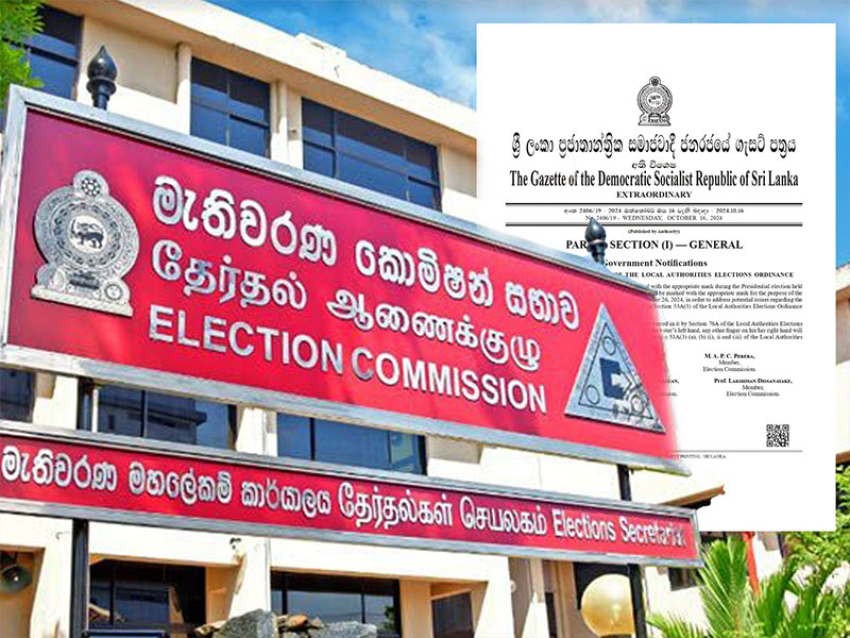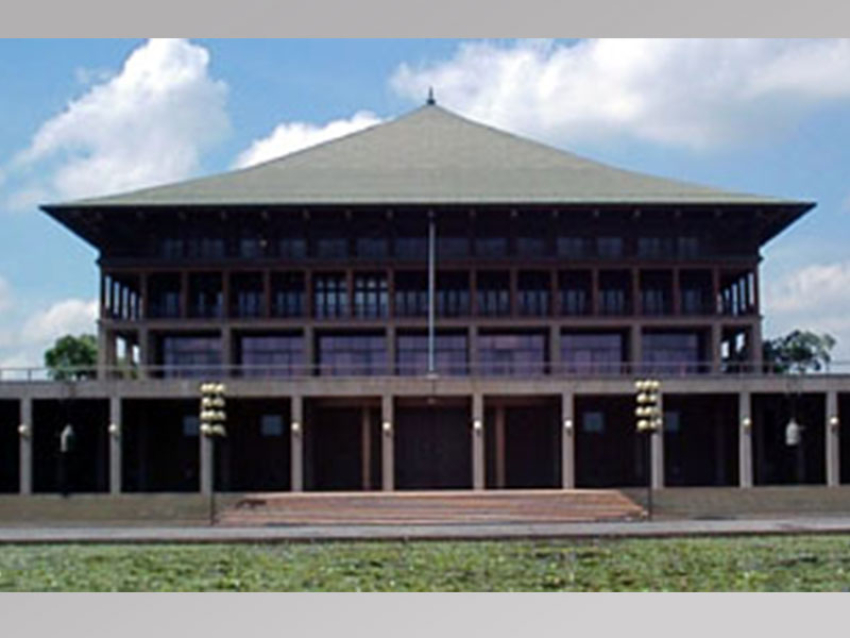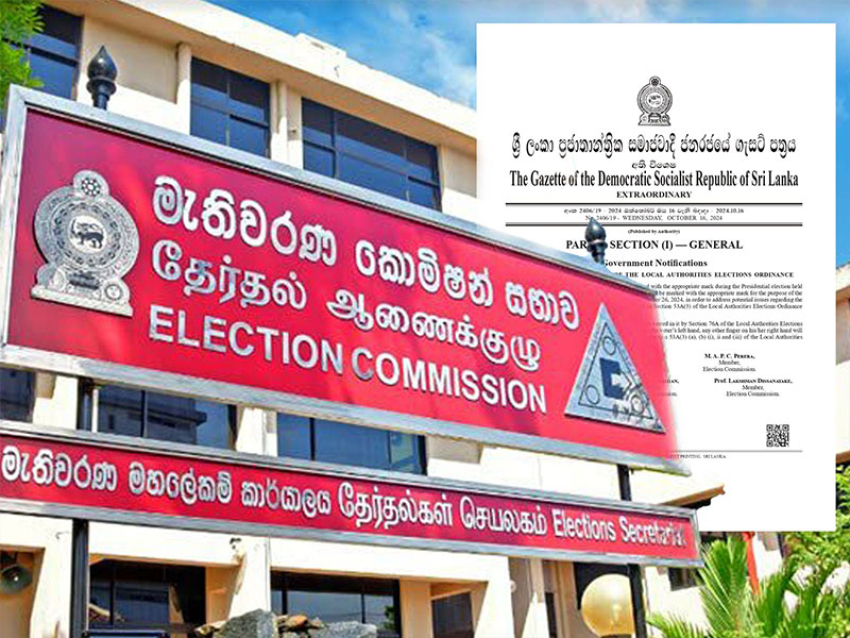The European Council is empowered to establish a EU list and impose related restrictive measures under Council Common Position 2001/931/CFSP, and Council Regulation (EC) No 2580/2001.The Council first set up the list as implementation of UNSC Resolution 1373/2001 that followed the terrorist attacks of 11 September 2001. It reviews the list at regular intervals, and at least every six months, on the basis of a regular exchange of information between member states on any new facts and developments relating to the listings.
This sanctions regime is separate from the EU regime implementing UN Security Council resolutions 1267 (2011), 1989 (2011) and 2253 (2015 and targeting Al-Qaida and ISIL/Da’esh. The EU also has its own sanction regime which allows the EU to apply sanctions autonomously to ISIL/Da’esh and Al-Qaida and persons and entities associated or supporting them.
The EU terrorism list, created after the Sept. 11 attacks in 2001 and last updated in January, includes 15 individuals and 21 organizations, such as the Communist Party of the Philippines and Peru’s Maoist-inspired rebel group, Shining Path.Palestine’s Hamas has been listed since 2003, its military wing since 2001. LTTE was added to the list in 2006.
‘




















